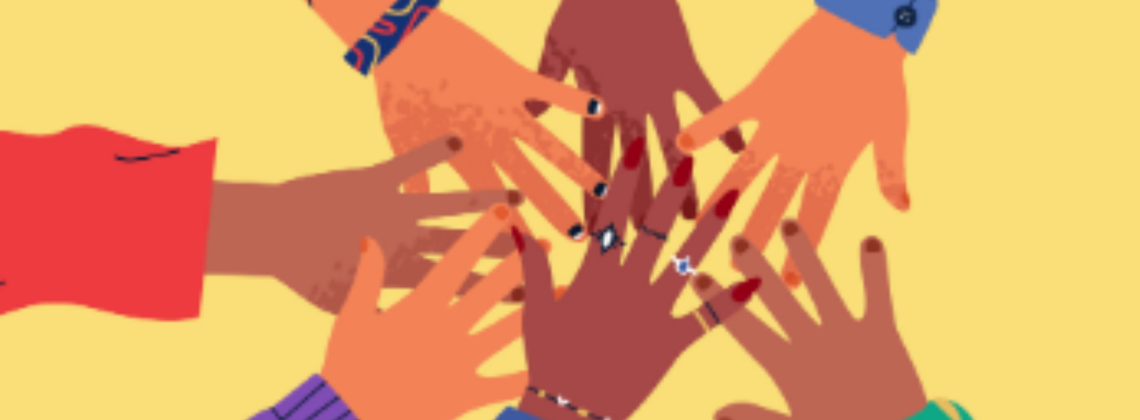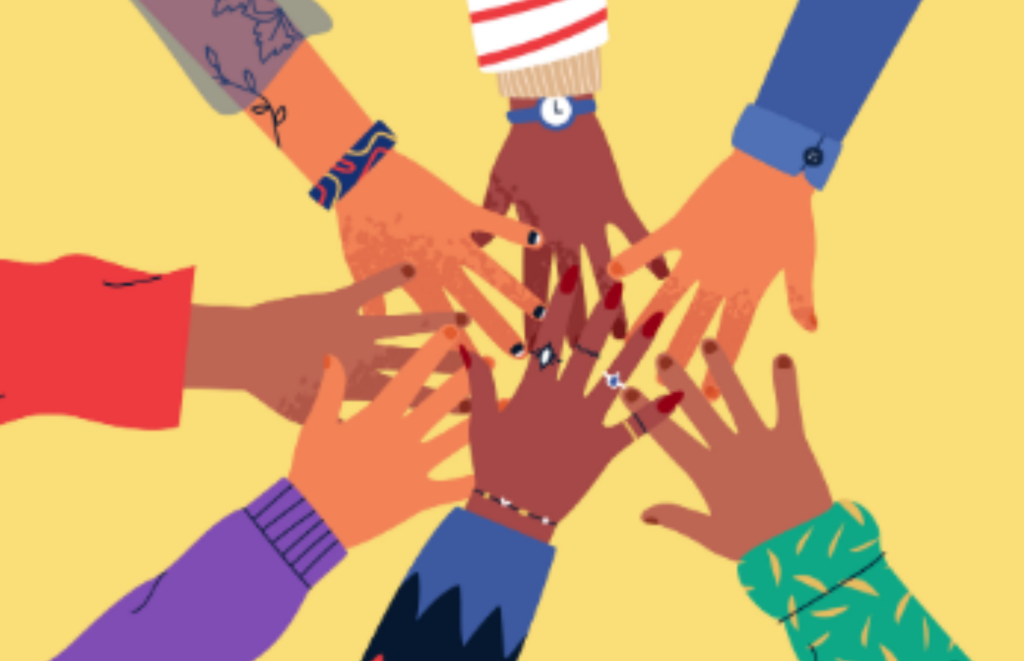

A secular DEI theology underlies the Claudine Gay scandal
I’ve been thinking lately about how difficult it would be for me to reject the beliefs I hold most dear. Like democracy, for example. Or my notion that capitalism is the best economic system. It’s not that I don’t know the flaws inherent in such ideas, can’t imagine viable alternatives, or am unaware of my hypocrisies in the ways I flout principles or ignore inconvenient truths in avowing them. But they are default settings in my psyche, and even on those occasions I feel compelled to question them or make exceptions, I am nevertheless likely to revert to mean.
Such thoughts have been prompted by the travails of President Claudine Gay of Harvard University and her supporters. While many of these people acknowledge that mistakes were made and optics were problematic, their core commitment to the ideals she represents—bundled under the umbrella of concepts we have come to know as Diversity, Equity, and Inclusion—make it difficult for them to believe any shortcomings she may have exhibited should undermine a DEI worldview. At the core of that worldview are precepts like race (and systemic racism in particular) as the central organizing principle of American society, equality as the highest moral good, and the redistribution of power toward those who have historically lacked it as the most urgent social project of our time. For those most deeply committed to such ideas it may be almost impossible to imagine, for example, how someone could possibly object to a notion that Black Lives Matter. (The answer involves the concatenation of ideas that have been intricately interwoven in it, among them defunding the police, condoning disorder, denigrating the ideal of merit, and the like.)
To borrow the language of critical theory, Gay’s fall was overdetermined. It was not simply that she seemed to prevaricate at a congressional hearing on antisemitism on college campuses. (The problem was less her stance than her hypocrisy in applying it.) It was not only her serial plagiarism (which in some cases might have been exaggerated, but represented a double standard relative to students). It was not exactly a matter of thin scholarship (not all Harvard presidents have been academic leaders, though most have had more administrative experience than she did). Nor prior controversies that are a fact of presidential life. (Gay’s role in the suspension of economist Ronald Fryer, whose research indicated that police are less likely to shoot a black man than a white one, or the removal of law professor Ronald Sullivan from a dean position because Sullivan chose to represent sex offender Harvey Weinstein, were nevertheless notable for the lack of commitment to free speech or due process). Taken as a whole, Gay’s record was at best problematic.
But this was never about a problematic hire. They happen all the time, whether or not they are admitted as such. Actually, the whole affair is less about Gay herself than the institutional matrix that made her hiring seem so imperative. She was appointed after a search of notable swiftness by people whose ideological framework was exceptionally lacking in diversity.
The initial resistance to pushing her out was understandable. Universities should not easily bend to pressure from politicians like Elise Stefanik. Or crusading activists like Christopher Rufo, who supplied the plagiarism ammunition. Or loud donors like investor Bill Ackman (whose wife, Neri Oxman, has been caught in the plagiarism dragnet). But the most powerful explanation for the university’s resistance comes from Wall Street Journal columnist Jason Riley, who argued that “to admit she has performed poorly is to raise basic questions about the entire ‘diversity’ enterprise.” To say that Gay was hired primarily not on the basis of her qualifications but primarily because she was an African American female—something both obvious and impermissible for anyone but the most approving observer to note—has been regarded as offensive in polite society.
No more. Regardless of what happens to Gay, who retains a tenured sinecure at a Harvard whose pre-eminence will survive this episode, it will now be possible to say, publicly and in good conscience, that the DEI project has gone too far. This will embolden its enemies, who will no doubt overstep. Its adherents have experienced a self-inflicted wound that has deepened because of a stiff-necked unwillingness to admit mistakes.
There are those who, publicly or silently, regard this as a great tragedy, declining to change their views as a matter of principle—as a matter of faith. As someone who for perhaps obvious and self-interested reasons has never attended this particular church, I can’t say I’m sorry that Gay has lost her pulpit. But it is undoubtedly wisest to observe such episodes with humility. All faiths get punctured. Our fallible knowledge and beliefs are important. But it’s what we do, or fail to do, in the name of good faith that matters.
Jim Cullen was a Lecturer in History and Literature and a Preceptor of Expository Writing at Harvard from 1994-2001. He now teaches at Greenwich Country Day School in Greenwich, Connecticut. His most recent book is Bridge & Tunnel Boys: Bruce Springsteen, Billy Joel, and the Metropolitan Sound of the American Century.